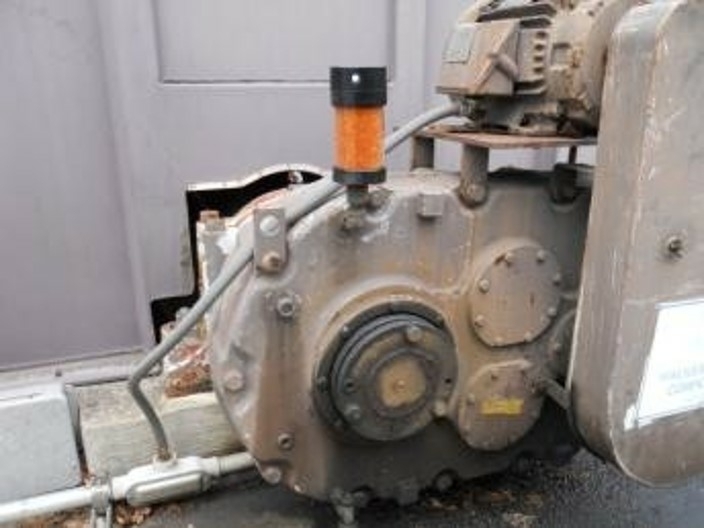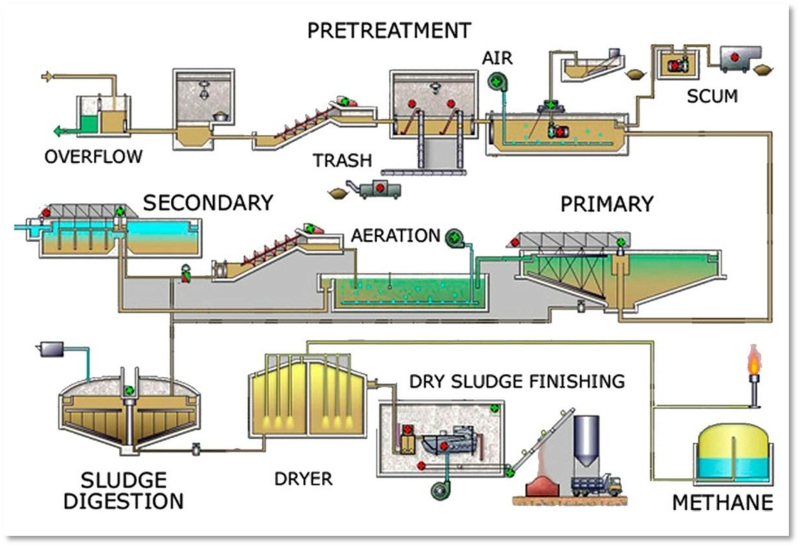What is Wastewater treatment
Wastewater treatment is the process of removing contaminants from wastewater generated by households, industries, and other sources. The aim of wastewater treatment is to reduce the pollution levels in the wastewater to a level that is safe for the environment and the public. The process of wastewater treatment typically includes several stages, including preliminary treatment, primary treatment, secondary treatment, and sometimes advanced treatment.
- Preliminary treatment typically involves screening and removing large floating debris and solid materials from the wastewater.
- Primary treatment involves settling out heavy particles and removing grease and oil.
- Secondary treatment involves using biological processes to remove dissolved organic matter.
- Advanced treatment may involve additional physical, chemical, or biological processes to further purify the wastewater before it is released into the environment or reused.
Wastewater treatment is an important aspect of environmental protection and public health, as untreated wastewater can pollute water bodies, soil, and air, leading to health and environmental problems.
 Wastewater treatment
Wastewater treatment
The X-Series desiccant breathers are the ideal solution of the wastewater treatment.
 Wastewater treatment plant
Wastewater treatment plant
